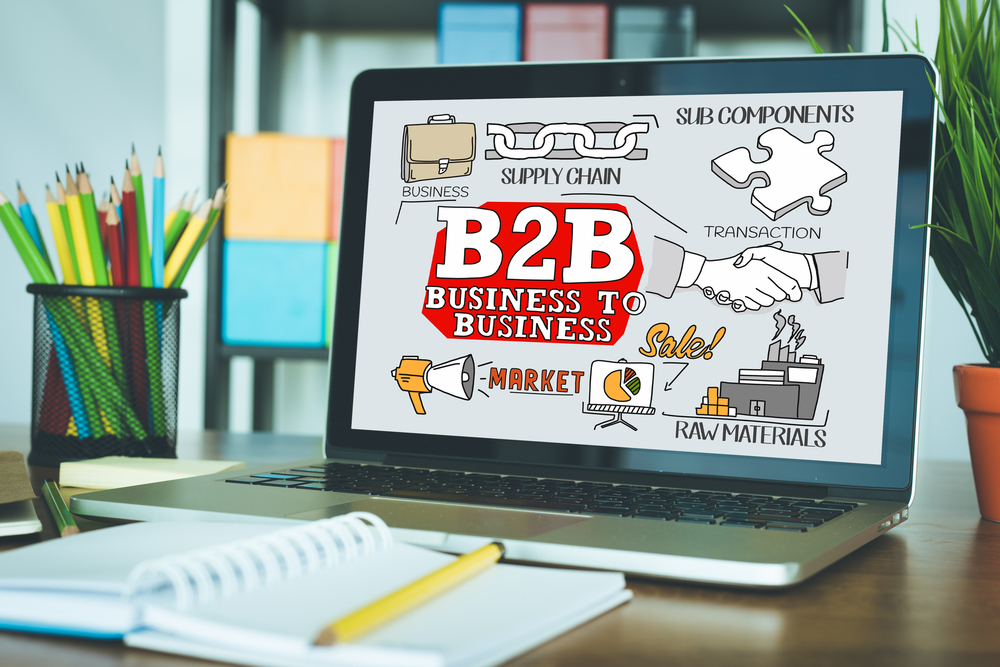Featured
When you’re running a business, it’s a good idea to get to know everything you can about what sets it apart from others in different industries. For instance, there’s a lot to running a restaurant that’s different from running a grocery store. Similarly, there’s a lot of difference between running a company that provides B2B (business-to-business) services, versus a B2C (business-to-consumer) one.
Running a business that targets other businesses and business owners requires some additional thought. Here, we’re going to look at some of the differences, and why it’s important to prepare for them.
Quality vs quantity of sales
Although there are, of course, differences between different industries and businesses, the truth is that when you’re targeting consumers, you’re typically selling at a lower price point and, as such, trying to sell a lot more to keep the business growing. With business customers, each sale tends to be worth a lot more, and as such, you need to focus on the quality of your clients, rather than trying to win a lot of customers.

The personal connection matters a lot more
Of course, if you’re running a local business, then being friendly and recognisable to your local customers is going to create a bit more of an appeal, bringing them back in for the personal connection on top of your goods and services. However, B2B clients will be dealing with you on a more long-term basis, investing more time and money in your skills, so not only should you make sure that you provide that additional level of personal service when you’re dealing with them, but you should also build a personal brand, building the impression of a reliable professional that they will be more likely to want to do business with.
Marketing to them is entirely different
When you’re marketing to consumers, typically, you’re trying to target why they want your products, often appealing to emotion for the short-term gain of getting them to buy your products. When dealing with business owners and decision-makers, you’re appealing to people who spend a lot more time thinking about long-term benefits, who are used to logical thinking and taking emotion out of the equation, and working with a B2B marketing consultant can help you get better used to appealing to that perspective. As such, marketing messages and tones are going to end up wildly different.
You have to manage your relationship long-term
As mentioned, the value of B2B clients tends to be a lot higher than B2C consumers, individually. However, this also means that each client is much more important, and requires more time and energy to be invested in them. You may want to invest in a sales or account management team, not to mention things like B2B customer relationship management software to make it easier to track your relationship with each client and to know when each of them needs a little more attention to improve the chances of retaining them or renewing contracts with them.

B2B clients stay plugged in
Working with the right marketing team is going to help you win over your customers, but it’s important to be aware that most business owners and decision-makers in businesses, aka, the people you need to appeal to, are a much higher knowledge market base than standard consumers. They’re going to spend a lot more time, for instance, using the web to better understand the services they invest in, how they benefit from them, and when switching providers might make more sense to them. As such, it’s a lot more valuable to maintain a current and frequently updated online presence, with a focus on content marketing to demonstrate ongoing and up-to-date expertise.
Cash flow requires forward planning
With B2C businesses, you sell a product, you get paid, you put that into the accounts and track it against your expenses. However, B2B businesses often have to manage a more complicated cash flow situation, which can include late payments, amongst other financial challenges. Using invoicing software can make it a lot easier to ensure that you get paid within a reasonable timeframe, but you should also be closely tracking cash flow based on what you’re owed, not just what’s in the bank.
Hopefully, the information above gives you a better idea of how running a B2B business requires a little additional expertise and preparation that the average B2C business doesn’t. Of course, this comes with some unique benefits, as well. For instance, B2B clients tend to offer more reliable, long-term patronage, which can make them much more worth the effort of pursuit.
Image Credit: depositphotos.com





























